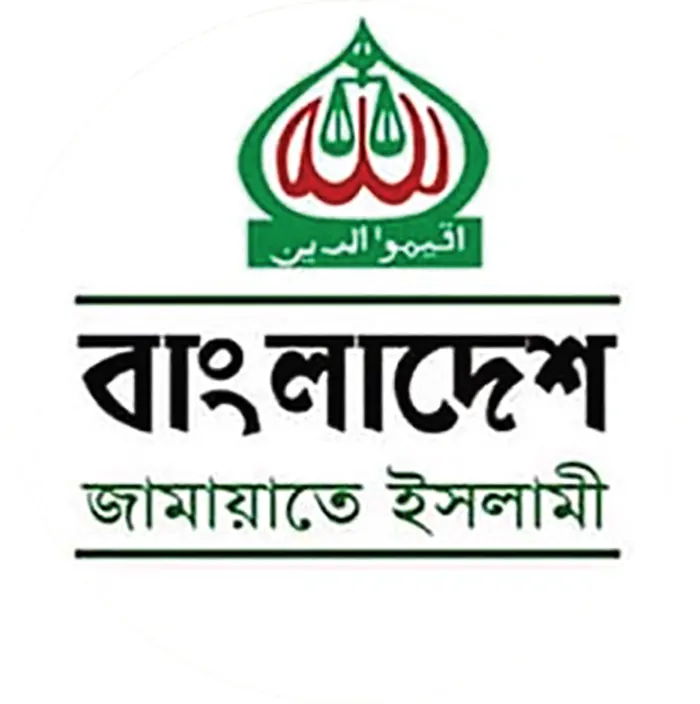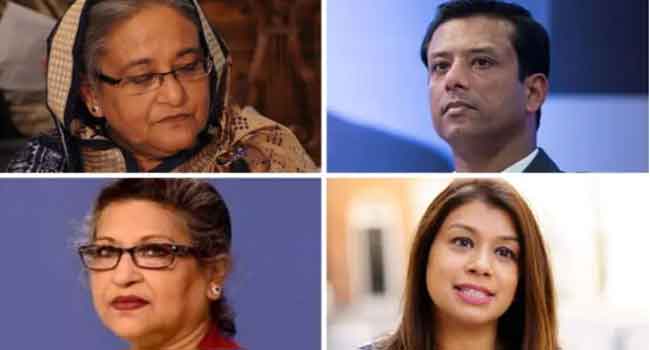The Human Rights Support Society (HRSS) has presented a comprehensive set of proposals aimed at transforming the Bangladesh Police into a “people-friendly, accountable, politically neutral, corruption-free, skilled, modern, human rights-respecting, impartial, and law-abiding force.” The key recommendations are as follows:
- Establishment of an Independent Police Commission:
To free the police from unlawful governmental interference, an independent police commission should be established. This commission would oversee recruitment, appointments, promotions, demotions, rewards, and disciplinary actions, ensuring professionalism and public-centric policing. - Modernization of Police Laws:
Replace the outdated Police Act of 1861 with a contemporary law that aligns with the needs of a sovereign state. - Independent Oversight Body:
Create a separate commission to investigate police misconduct and abuse of power. This body should include legal experts, judges, human rights activists, civil society members, and community leaders. - De-Politicization of the Police Force:
Recruitment, promotion, and transfer should not consider political affiliations, religious beliefs, gender, language, ethnicity, or community background. - Human Rights Training:
Regular training on human rights, adherence to international charters, and integrating human rights metrics into performance evaluations are essential. Training modules should cover modern policing techniques, counter-terrorism, cybercrime, drug-related issues, and emotional intelligence. - Promoting Community Policing:
Establish effective community policing to foster positive relationships between officers and citizens, irrespective of their backgrounds. - Improved Working Conditions:
Introduce a “Police Allowance” for officers working beyond standard hours, provide weekly leave, and address accommodation issues at police stations and lines. - Prohibition of Lethal Weapons in Crowd Control:
Prohibit the use of deadly weapons and metal pellets in protests. A specialized armed unit can handle armed terrorist threats. - Adherence to UN Guidelines on Use of Force:
Ensure minimum, proportional, and lawful use of force with accountability mechanisms in place. - Digitalization of Police Services:
Resolve technical issues to make digitalized services efficient and user-friendly. - Clear Policies for Promotions and Transfers:
Implement and adhere to a robust policy framework for career progression and deployment. - Mental Health and Emotional Support Units:
Establish dedicated units for addressing the mental health and emotional needs of officers, supported by central and divisional police hospitals. - Sanitation and Health Safety:
Ensure proper sanitation facilities, especially for female officers, and health protection for officers working in hazardous environments. - Improved Coordination with Magistrates:
Develop an effective law-and-order management system at the district level through better police-magistrate relationships. - Specialized Assignments Based on Skills:
Deploy officers in specialized units based on their expertise in operations, investigations, or public management. - Reform of Police Custody Rules:
Revise laws like Section 167 and abolish misuse of Section 54 to prevent harassment of suspects. - Accountability for Human Rights Violations:
Expedite accountability for enforced disappearances and extrajudicial killings by establishing a public and transparent complaint commission. - Ban on Plainclothes Operations:
Mandate visible identification and uniforms during arrests or operations. Violations should be considered punishable offenses. - Coordination with Local Police:
Ensure local police are informed and present during operations in their jurisdiction. - Protection for Complainants:
Implement measures to ensure the safety of individuals filing complaints against police personnel.
A Vision for a Modern Police Force
Reforming the police requires bold but necessary efforts. By establishing an independent oversight agency, investing in training, reforming recruitment processes, emphasizing community policing, and ensuring accountability, Bangladesh can build a modern, professional, and just police force. These reforms will significantly advance national security and justice.








